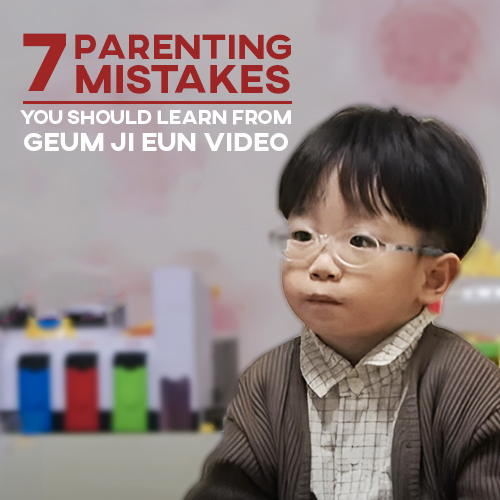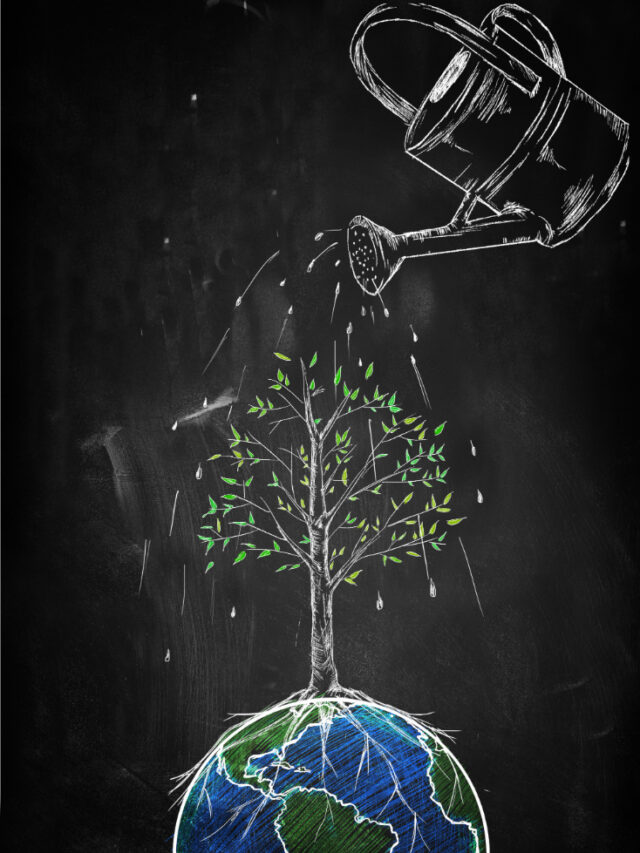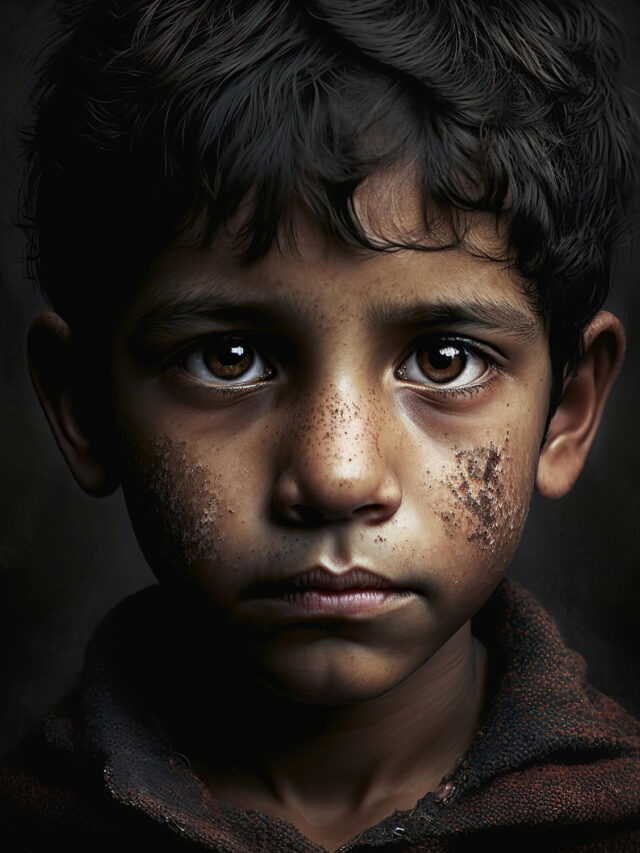The recent viral videos of Geum Ji Eun, a four-year-old Korean boy, have touched the hearts of millions worldwide. The clips, capture Geum Ji Eun’s expressions of loneliness and longing for his parents’ attention. This video comes as a powerful reminder about 7 parenting mistakes that you should avoid for your kids’ happy childhood.
As we witness Geum Ji Eun’s silent pleas for connection and understanding, it becomes all too clear that certain parenting practices can cause harm to a child’s emotional development.
By examining these mistakes, we can learn from them and strive to create a nurturing environment that provides healthy emotional growth in our children.
1. Not Listening to Your Kids

In one of the clips, Geum Ji Eun’s mother abruptly leaves his side while he is playing, without offering any explanation or reassurance. This simple act of omission leaves Geum Ji Eun feeling confused, abandoned, and unloved.
Effective communication is the cornerstone of a strong parent-child relationship. Children thrive on knowing where they stand, understanding their parents’ actions, and feeling heard when they express their thoughts and emotions.
2. Not explaining your real situation or Job is
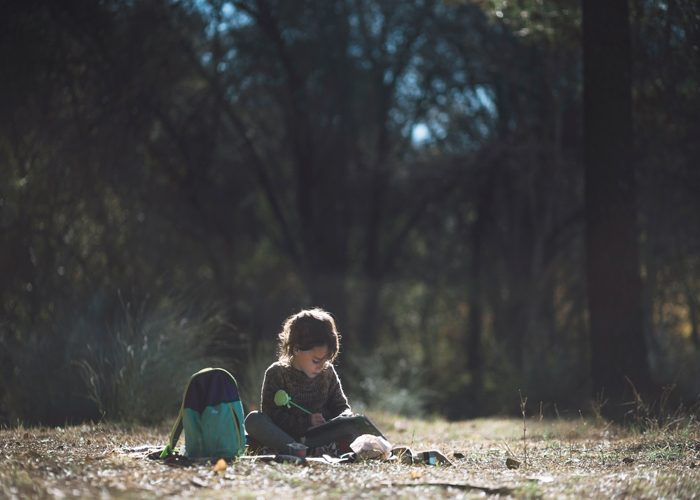
Ji Eun’s heart sinks as his mother abruptly leaves his side, leaving him alone and confused. A simple explanation, delivered with patience and understanding, would have prevented the tears that streamed down his face.
Parents and adults must learn to communicate effectively with their children, using clear and simple language tailored to their level of comprehension. This empathetic approach can transform a moment of frustration into a cherished bonding experience, leaving behind only laughter and joy.
3. Demotivating them and you think this will trigger their self-esteem

When Geum Ji Eun expresses his desire to attend art school, his mother’s dismissive remark, “Art school boys are handsome so that you won’t fit in” shatters his dreams and diminishes his self-worth.
Parents are responsible for nurturing their children’s dreams, not destroying them mentally. Supporting a child’s aspirations, regardless of their perceived social desirability, builds confidence, encourages exploration, and develops a sense of self-belief.
4. Neglecting their initiation to have a conversation or connection

His repeated attempts to engage his parents in play are met with indifference or dismissal. This lack of connection leaves Ji Eun feeling isolated and emotionally disconnected from those he loves most.
Children crave connection with their parents. Making time for shared activities, engaging in meaningful conversations, and simply being present in their lives is essential for building a strong bond and emotional well-being.
5. Shouting or yelling at your kids for various reasons

Geum Ji Eun’s fear of his father’s anger highlights the damaging effects of yelling as a disciplinary tool. Yelling creates a climate of fear and insecurity, hindering open communication and trust.
Effective discipline involves clear expectations, steady application, and encouraging support. Children need to understand the consequences of their actions while feeling loved and supported throughout the process.
6. You never allow them to make mistakes
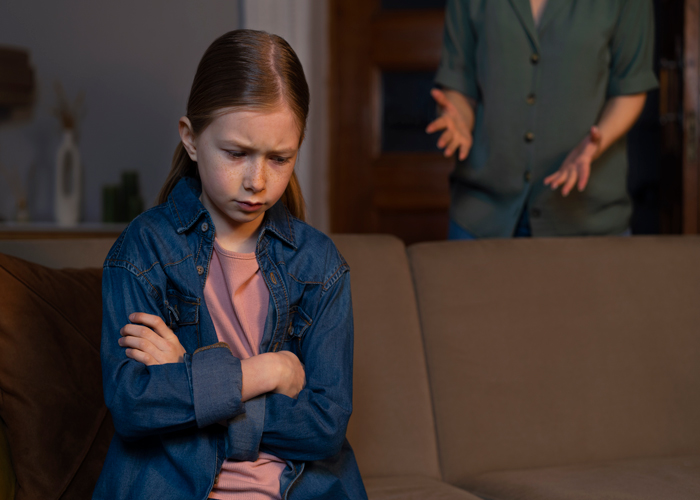
Geum Ji Eun’s grandmother’s constant intervention during a “Guess the number card” game with his dad prevents him from correcting his mistakes. She provided the correct answers during games denying him the opportunity to learn from his mistakes.
Learning from mistakes is an integral part of a child’s development. Allowing children to make mistakes, within reasonable boundaries, develops resilience, problem-solving skills, and a sense of autonomy.
7. Beating your kid and hoping them to change their behaviour

Geum Ji Eun’s mother’s thought of physical punishment for hitting his grandmother is a reminder of the harmful consequences of such actions. Physical punishment not only inflicts pain but also erodes trust, develops fear, and can lead to long-lasting emotional scars.
Positive discipline techniques, such as redirection, time-outs, and natural consequences, offer effective alternatives that promote self-regulation and emotional growth.
Geum Ji Eun’s silent struggle with loneliness and emotional neglect highlights the importance of recognizing and addressing emotional distress in children.
Parents should be attuned to their children’s emotional cues, offering empathy, support, and guidance when needed. Open communication, active listening, and validation of their feelings can help children navigate their emotions and develop emotional resilience.
The story of Geum Ji Eun serves as a strong reminder that parenting is not a one-size-fits-all attempt. It is a journey filled with challenges, wins, and growth opportunities. By acknowledging the mistakes that can hinder a child’s emotional well-being, we can strive to create a nurturing environment that fosters healthy emotional development, resilience, and a sense of self-worth.
Remember, every child is unique, with their individual needs and experiences. As parents, your role is to nurture their emotional growth, support their aspirations, and guide them through the ups and downs of life.
By embracing this responsibility with love, empathy, and understanding, you can empower your children to thrive emotionally and reach their full potential.

